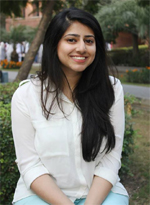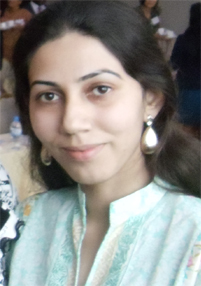The Peshawar chapter of ITA’s national education policy consultative process, much like previous sessions, was an instant hit. The youth, teachers and representatives of the civil society made full use of this opportunity and voiced their concerns regarding education in an energetic and meaningful manner. The education emergency in the country rightly deserves the kind of importance and attention that this consultation process has garnered, giving key stakeholders the chance to sit together and be part of the immensely important discourse as to how best ensure accessible, equitable and quality education for our children.
The proceedings of the day started with an in-depth presentation on the history of the National Education Policy and the urgent need to revisit it by Izzah Meyer. Following the presentation, the participants were broken down in six groups to discuss the various subsectors of education which are: Early Childhood Education, Primary Education, Secondary Education, TVET and Special Education, Governance and Financing of Education, and Madrassa education.
The groups presented their recommendations on these subsectors following an extensive group discussion session.
One major concern that was raised repeatedly by teachers and students alike was that of medium of instruction in schools. After a heated debate it was agreed that during the early years, the medium of instruction should be Urdu to ensure that the children can effectively grasp concepts being taught to them. The concept of “Urduish” was endorsed according to which
teachers would clarify concepts in Urdu using some English. The importance of learning English could not be discounted in order to make sure students didn’t lose out on opportunities of higher education abroad and major universities in Pakistan. It was also recommended that regional language be incorporated in the curriculum as a separate subject at the primary or secondary The session was attended by Mr. Habib Nawaz a PhD scholar at the University of Peshawar who was visually impaired. He stressed the need to realize that physically impaired students are known to perform just as well if not better than their able bodied counterparts in school. He called for inclusivity to be a cardinal part of the National Education Policy of 2016.
He stated that there was much that able bodied students and teachers alike could learn from disabled students, and this much needed diversity in the community would lead to tolerance and respect for disabled students. He urged for a special cell for special education under the 2016 NEP and the grave need to take special students out of the isolation that we have pushed them in since the inception of our country. Mr. Habib’s recommendations were received with great applause by the crowd who were determined to give our future special children a better life in Pakistan.
It was also very refreshing to see the youth actively engaging in the discussions. For me what perhaps stood out was the ability of one group to identify education as the basic instrument to ensure the inalienable rights of the people. This group – primarily of university goers – spoke about the need to incorporate human rights education at primary and secondary level to make children aware of their rights at an early age. Their right to education, freedom of expression and the right to a safe and clean environment and the right to freedom of religion were some that were discussed at length. This would also invariably internalize in the children their duties towards their fellow countrymen. It was unequivocally acknowledged that the realization of one another’s basic rights would be a stepping stone in the progression toward a peaceful, cohesive
and tolerant society at large.





